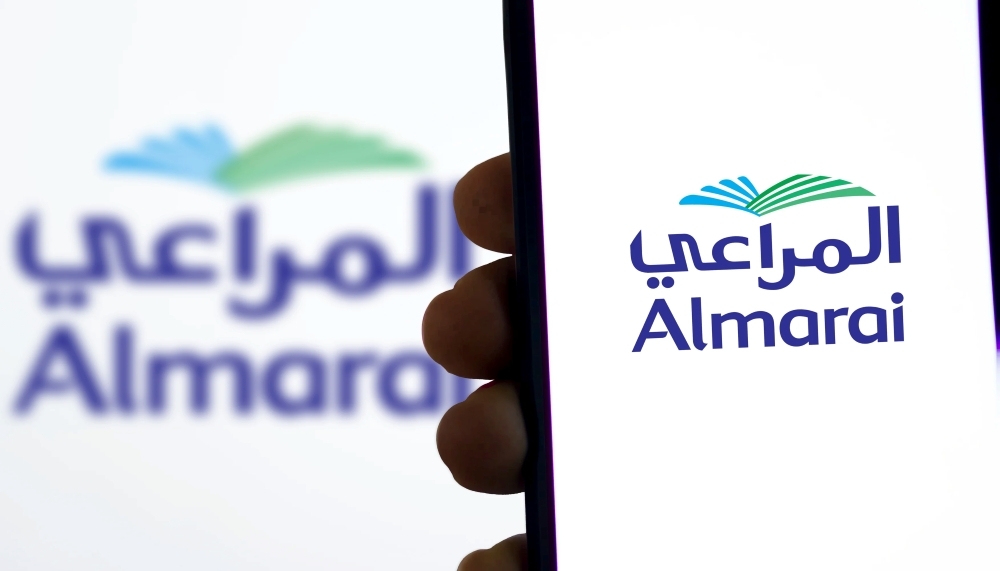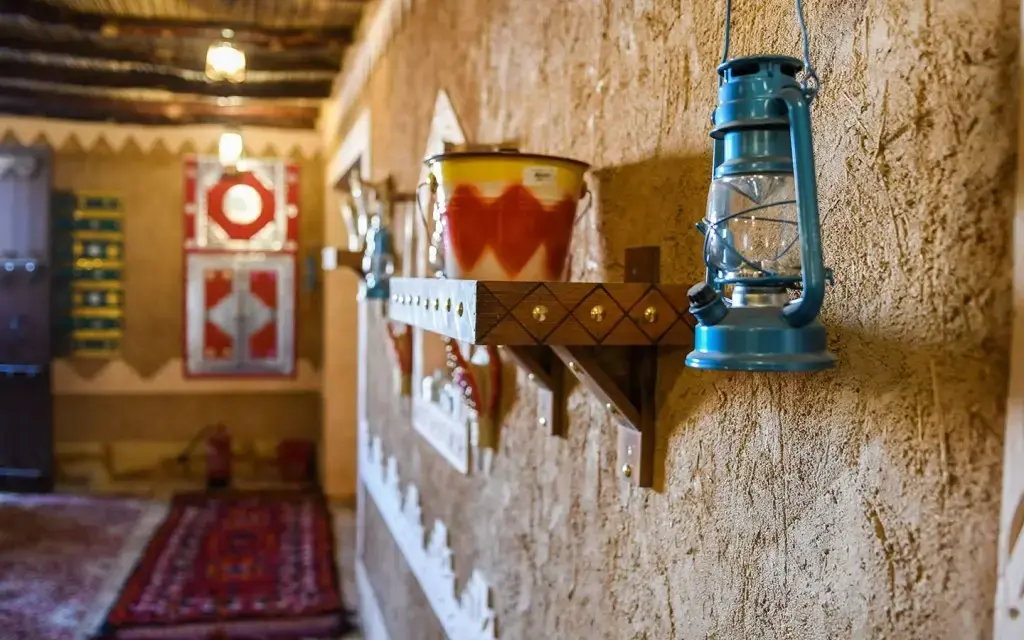Saudi Arabia's Role in Combating Climate Change
The Kingdom of Saudi Arabia is one of the world’s leading countries in environmental protection and combating climate change. Committed to a clear future vision represented by “Vision 2030” and driven by a sense of global responsibility, Saudi Arabia has placed environmental protection and resource sustainability at the heart of its priorities. The Kingdom seeks to achieve a delicate balance between achieving economic and social development, and preserving the environment for future generations.

Local and International Commitment to the Environment
The Kingdom's efforts are not limited to interior efforts, but have extended to include cooperation with the international community in addressing common environmental challenges. Through its active participation in international agreements, the Kingdom continues to enhance its role as a leader in the field of environmental protection.
International Agreements:
Saudi Arabia is a major partner in many global initiatives, such as the Paris Agreement on Climate Change, which aims to reduce greenhouse gas emissions and maintain global temperature levels under an acceptable threshold.
Supporting International Projects:
The Kingdom seeks to provide support to developing countries in their efforts to confront climate change, through financial and technical initiatives to enhance the transition to clean energy.
Global challenges such as rapid population expansion and industrial growth affect the Kingdom on a local level, leading to the depletion of natural resources and the exacerbation of climate crises. In response, the Kingdom has developed clear strategies aimed at reducing carbon emissions and achieving environmental sustainability, while adhering to sustainable development standards.
Saudi Vision 2030 and its role in the G20
Saudi Vision 2030 constitutes a strategic framework for comprehensive growth that is aimed at promoting economic and social development while safeguarding the environment and natural resources. The most prominent aspects of Vision 2030 include: increased investment in renewable energy, increased environmental awareness, and a balance between economic and environmental goals.
During the Kingdom’s presidency of the G20, King Salman bin Abdulaziz stressed the importance of adopting a circular carbon economy framework. This framework aims to manage carbon emissions in a comprehensive and sustainable manner, while enabling countries to use technologies that are compatible with their own paths in the transition to clean energy. King Salman also pointed out the importance of ensuring the stability of global energy markets and achieving energy security in line with environmental sustainability goals.
Renewable Energy and Environmental Innovation
Renewable energy is the cornerstone of the Kingdom’s strategy to combat climate change. The Kingdom has set ambitious plans to boost the use of clean energy sources such as solar and wind, with the goal that these sources will account for 50% of the total energy used in electricity generation by 2030.
Pioneering Projects:
One of the most prominent projects launched by the Kingdom is Aramco’s Enhanced Oil Recovery Project, which relies on advanced technologies to reduce carbon emissions. SABIC has also established the world’s largest carbon dioxide purification facility, with a capacity to capture 500,000 tons per year.
Green Hydrogen:
The Kingdom is developing the world’s largest green hydrogen facility within the NEOM project. Green hydrogen is a promising source of sustainable energy, as it helps reduce dependence on fossil fuels.
In addition to these efforts, the Kingdom continues to invest in environmental innovations and modern technologies that enhance its ability to meet global climate challenges.
Green Initiatives for a Sustainable Future
As part of the Kingdom’s Vision 2030, His Royal Highness Crown Prince Mohammed bin Salman launched two ambitious environmental initiatives, “Green Saudi Arabia” and “Green Middle East.” These initiatives aim to enhance local and regional efforts to preserve the environment and achieve sustainable natural resources.
Tree Planting:
The Kingdom seeks to plant 10 billion trees within its borders, which will contribute to the rehabilitation of approximately 40 million hectares of degraded land. This project is expected to significantly increase vegetation cover, improve air quality, and reduce desertification.
Biodiversity Protection:
The Kingdom aims to increase the percentage of protected areas to more than 30% of its total land area, exceeding global targets. It also works to protect coral reefs and natural habitats to ensure the sustainability of wildlife and marine life.
Emission Reduction:
The Kingdom’s initiatives aim to reduce carbon emissions by more than 130 million tons annually, with a focus on developing new technologies to produce clean energy.
International Cooperation for Sustainability
The Kingdom believes in the importance of collective action to achieve global environmental protection goals. During the G20 Summit hosted by Riyadh, the Kingdom called for enhancing scientific research to protect ecosystems, including coral reefs and forests. It also stressed the importance of supporting developing countries to achieve the Sustainable Development Goals, with a commitment to a 50% reduction in environmental degradation by 2040.
The Kingdom invests in international partnerships to promote innovation in clean fuels and advanced technologies, ensuring a balance between economic growth and environmental protection.
Tangible Results and an Ambitious Vision
The Kingdom’s environmental efforts have delivered tangible results thus far. Through its national initiatives, vegetation cover has increased by 40% over the past four years, and nature reserves have expanded to cover more than 14% of the Kingdom’s area.
In addition, the Kingdom has launched innovative projects to recycle waste and improve the efficiency of water resource management. These efforts aim to enhance environmental sustainability and ensure that sufficient resources are provided for future generations.
The Kingdom’s vision to combat climate change represents a global model to be emulated. Through its ambitious initiatives and international partnerships, the Kingdom affirms its commitment to its responsibility towards the planet and humanity. Through continued efforts to achieve the goals of “Vision 2030,” the Kingdom continues to develop long-term strategies that will leave future generations with a more sustainable future.
The Kingdom is moving confidently towards achieving an ambitious vision for a sustainable future, placing the twin aims of environmental protection and economic development at the heart of its priorities, while supporting global initiatives aimed at addressing environmental challenges and achieving ecological balance.



